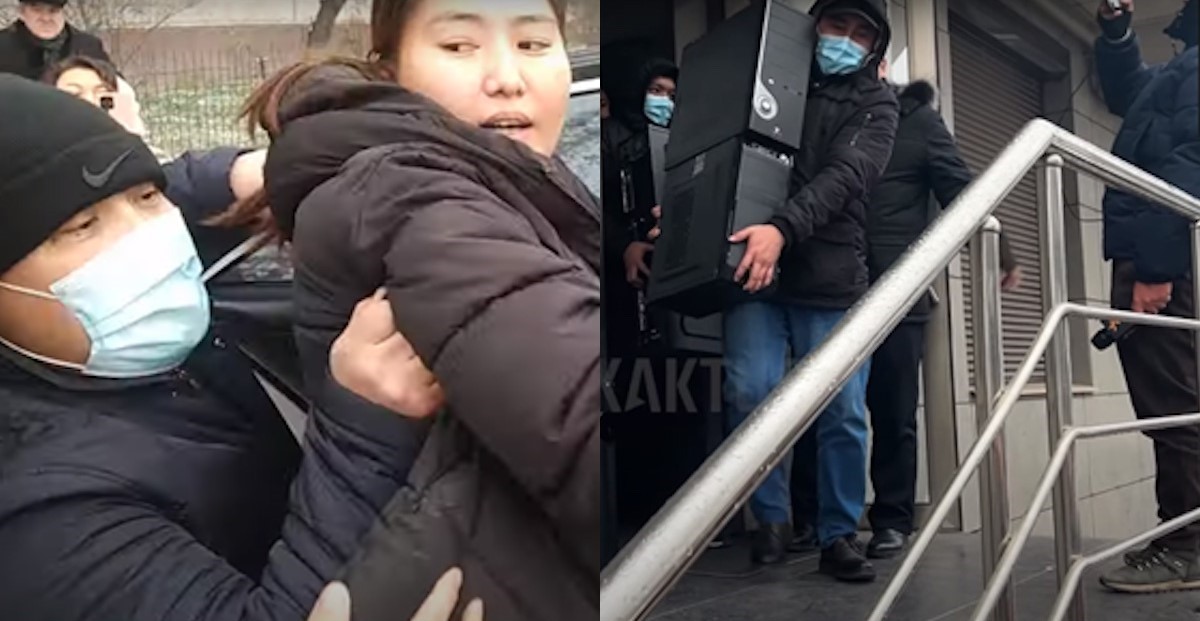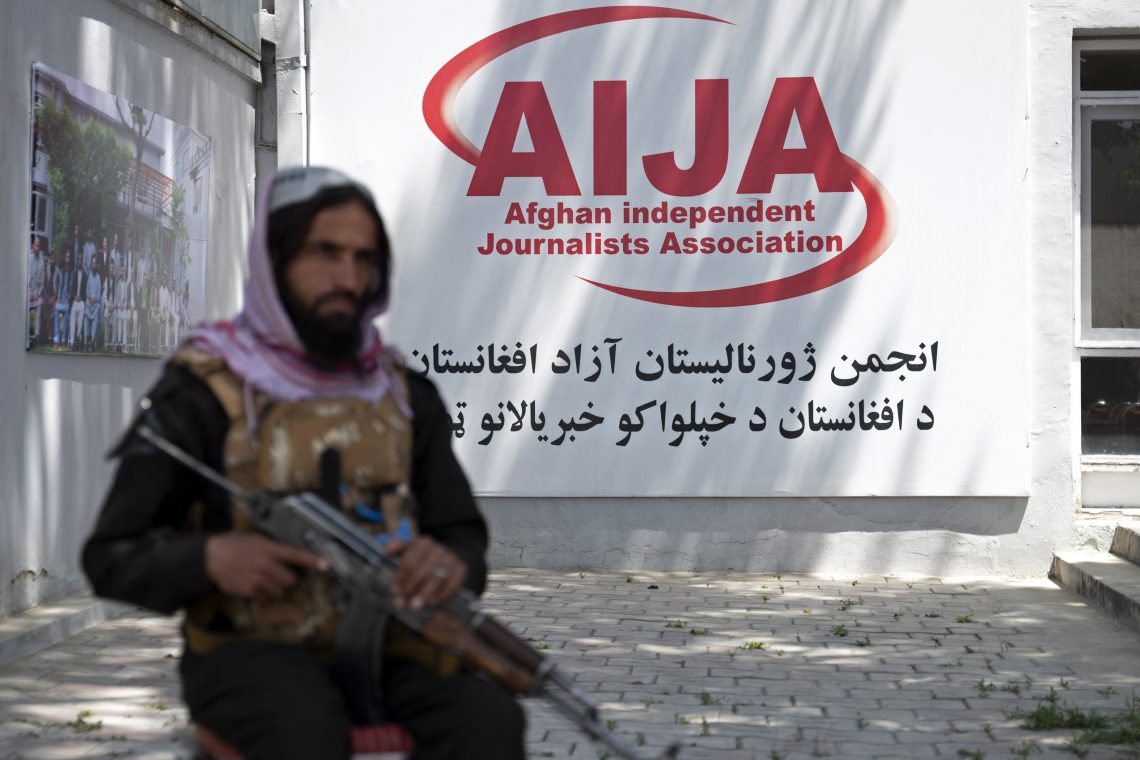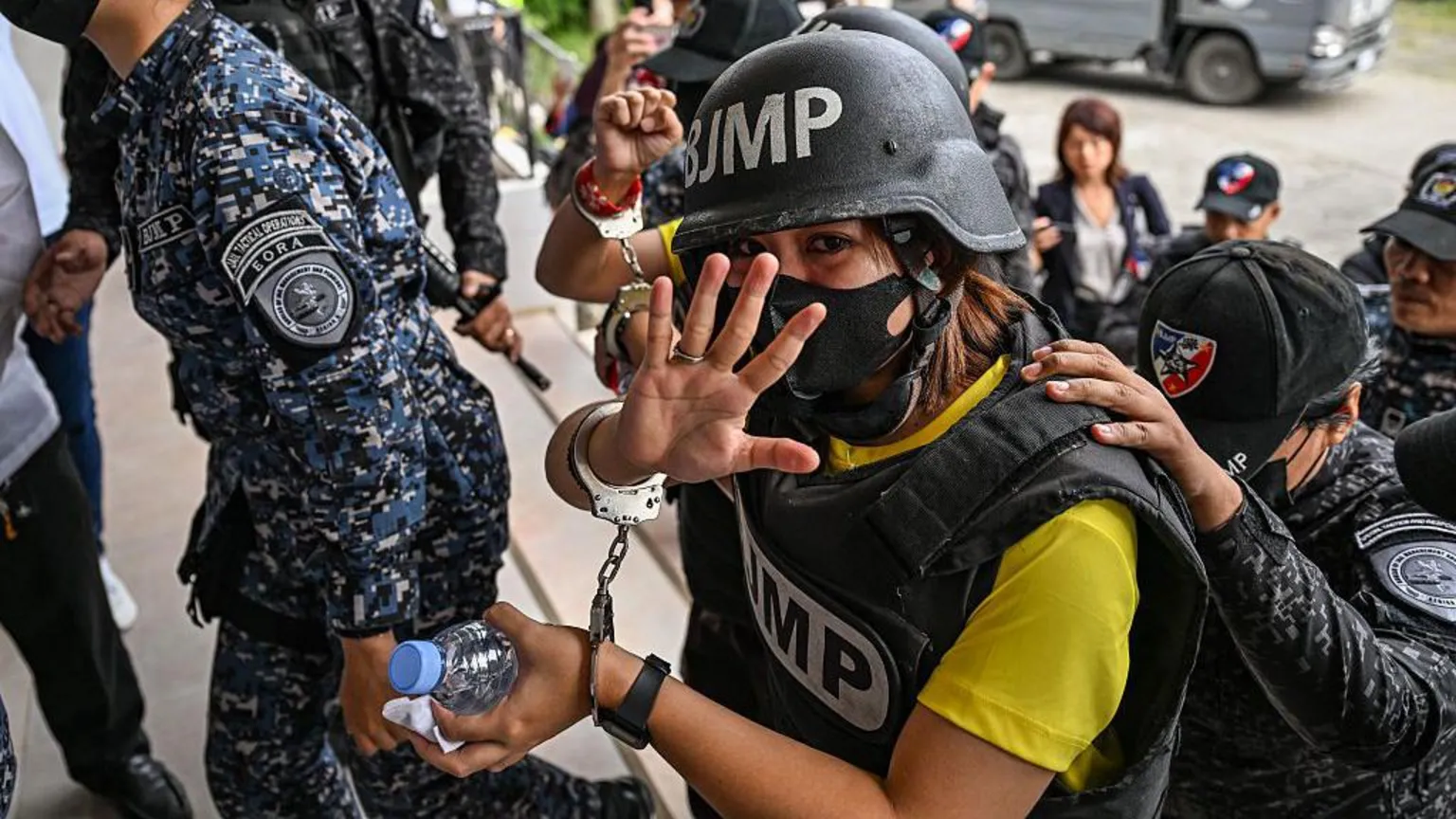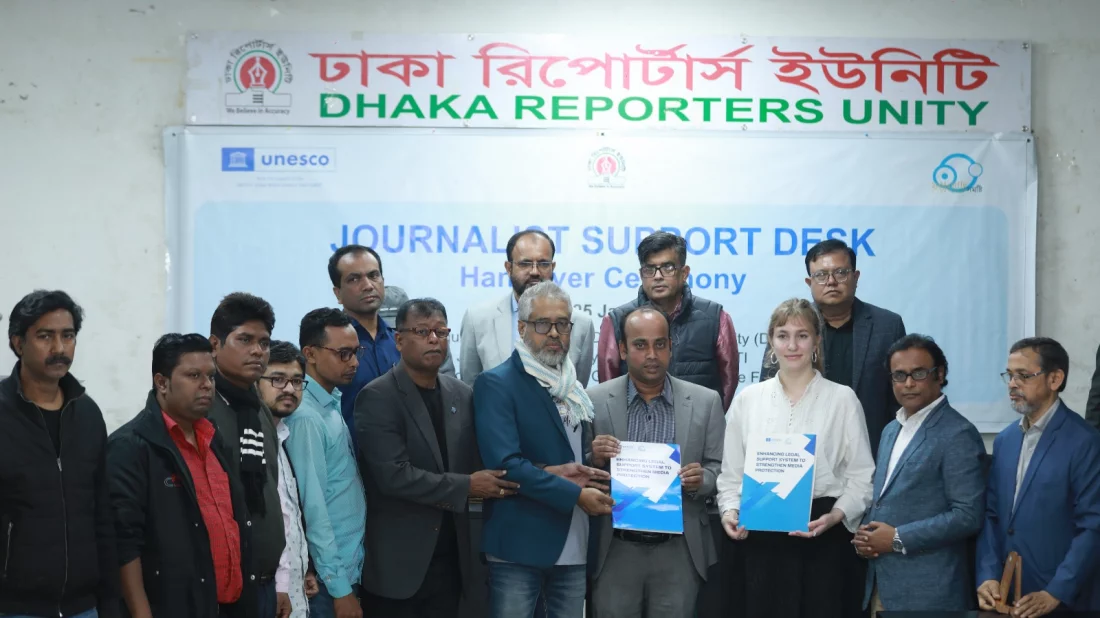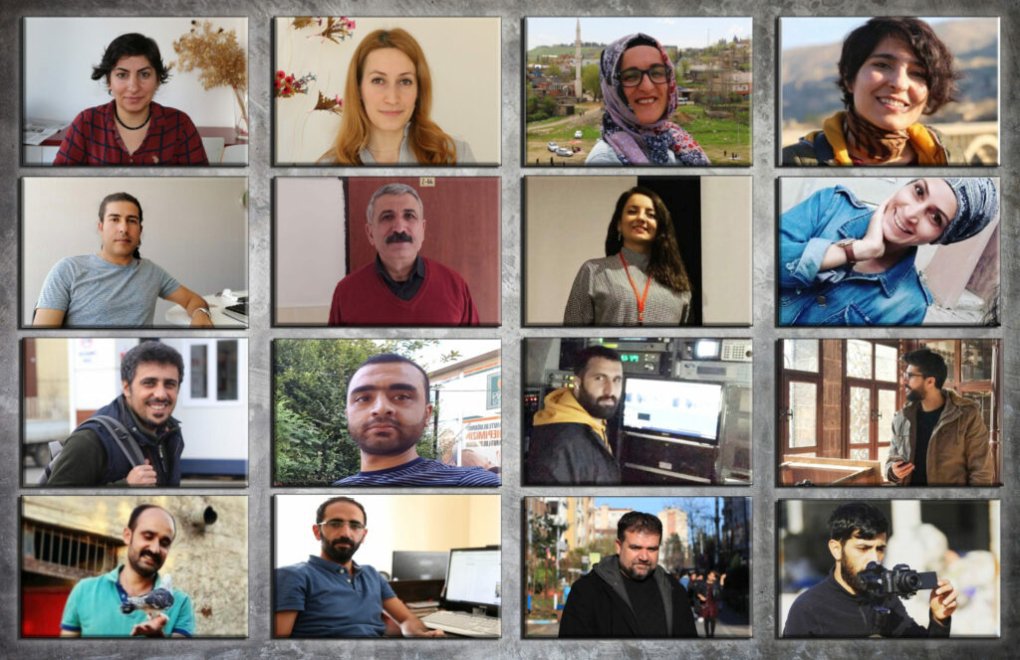
Turkey jails 7 journalists and media workers, places one under house arrest
December 23, 2024
Azerbaijan’s Media Crackdown: Journalists Jailed on Politically Motivated Charges
December 23, 2024December 23, 2024 – Azerbaijan –
Kyrgyz police detained two journalists from Radio Azattyk—reporter Maksat Kutmanbekov and cameraman Nurlan Beyshebaev—while they were filming near Pre‑trial Detention Center No. 1 in Bishkek, covering a hunger-strike protest by inmates. According to the Oktyabrsky District Department, the detention was preventive: authorities cited a court-ordered ban on demonstrations since August 2024 and said the journalists were taken in for “explanatory talks” before being released shortly afterward.
The journalists were interviewing relatives of the detainees, whose hunger strike began on December 22 in protest against the appointment of Chyngyz Kozhoshev as head of the Penitentiary Service and alleged mistreatment of prisoners. Authorities demanded that Kutmanbekov and Beyshebaev delete their video footage before escorting them to the station.
While police describe the action as routine, press-freedom advocates see it as part of a troubling pattern of state control and censorship. Across 2024, Kyrgyzstan experienced a spike in harassment against journalists, including the high-profile detention of 11 investigative reporters linked to Temirov Live. That case resulted in lengthy pre-trial detentions, home raids, criminal charges for “incitement of mass unrest,” and several prison sentences—one journalist received six years behind bars.
Additional raids targeted outlets such as 24.kg and Kloop, where authorities seized equipment and interrogated staff under vague national-security pretexts, calling their reporting “propaganda of war” due to coverage of the Ukraine conflict. Amnesty International and the Committee to Protect Journalists have strongly condemned these actions, noting frequent denial of legal counsel and arbitrary measures that impede independent journalism in Kyrgyzstan.
The December 23 incident underscores the broader trend: reporters covering socially sensitive issues—such as incarceration, protests, and state misconduct—are increasingly facing intimidation through detentions, surveillance, and legal barriers. Internet freedom has also deteriorated, with new laws targeting “foreign agents,” defamation, and informational content, all restricting journalistic independence.
Despite official claims that only preventive “talks” were involved, the pattern of press repression is clear. Authorities routinely use administrative and judicial tools to silence critical voices, creating a chilling environment for journalists. As Kyrgyzstan’s press freedom ranking continues to slump, advocacy groups are urging the government to cease its crackdown, release detained journalists, and uphold the fundamental right to free reporting.
Reference –
https://24.kg/english/315140_Police_explain_detention_of_Azattyk_journalists/

